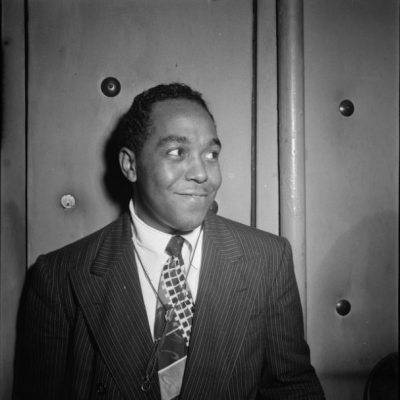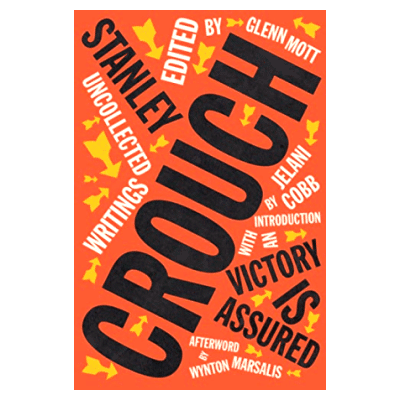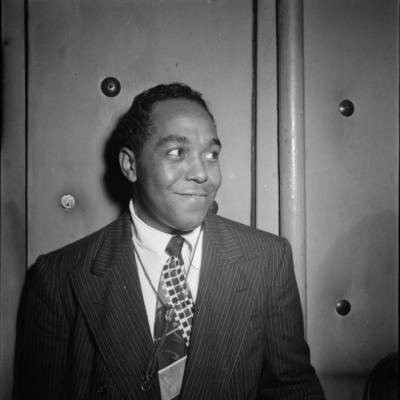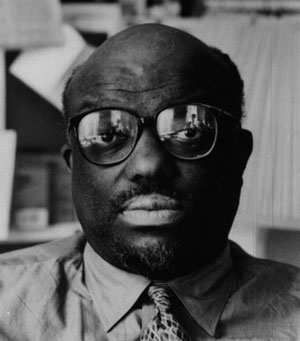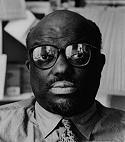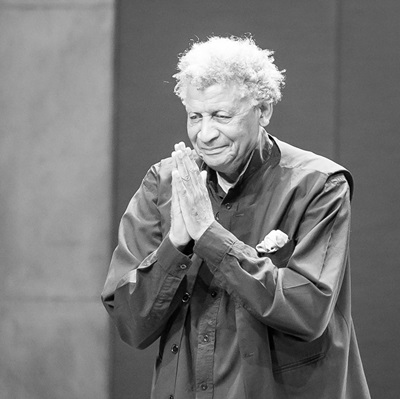From the Interview Archive: a 2014 interview with Stanley Crouch, author of Kansas City Lightning: The Life and Times of Charlie Parker
In a 2014 Jerry Jazz Musician interview, the late jazz writer and cultural critic Stanley Crouch shares his thoughts on Charlie Parker, a great genius of modern music…
...May 15th, 2023




